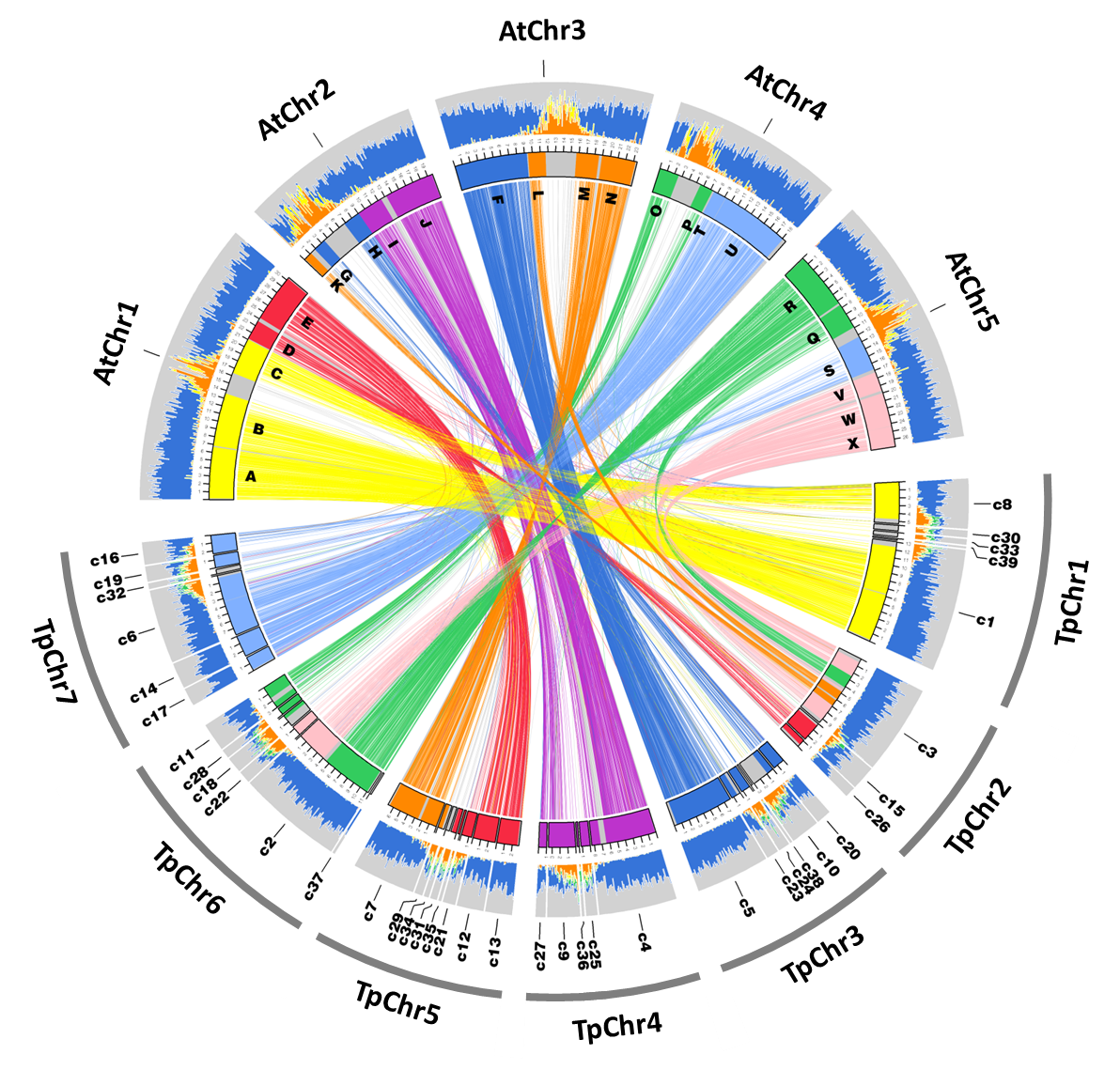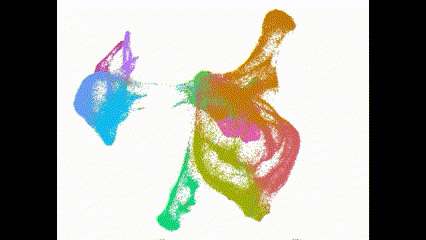

Dassanayake Lab
COMPARATIVE
FUNCTIONAL
& EVOLUTIONARY
GENOMICS




Single-Cell transcriptomes in extremophytes, Schrenkiella parvula & Eutrema salsugineum


A collaborative project with Dinneny Lab, Stanford University and Schiefelbein Lab, University of Michigan supported by NSF-EDGE and DOE-BER


Iceplant - another extremophyte
Epidermal bladder cell transcriptomic response to high salt in Mesembryanthemum crystallinum




Four week old control iceplants were treated with 200mM NaCl for two weeks
Epidermal bladder cells on stems and flower buds enlarged in response to salt.


Plants accumulate pigments with prolonged salt stress (continuous salt treatment for 7 weeks).
Mesembryanthemum crystallinum (iceplant) exhibits extreme tolerance to salt. Epidermal bladder cells are specialized in sodium sequestration and other protective functions critical for the plant's stress adaptation.
Our bladder cell transcriptome analysis showed significant differences in transcript expression between salt-treated and control samples in functiones related to ion transport, energy generation and osmolyte accumulation, stress signalling, and organelle functions, as well as transcripts of unknown function in a number of lineage-specific genes. The salinity-induced transcriptome includes active transcript clusters, refuting the view of the bladder cells' role as passive storage compartments in the whole-plant stress response. This single cell type transcriptome, differing from those of whole plants or leaf tissue, exemplify the importance of cell type-specific resolution in understanding stress adaptive mechanisms.
This collabortion was inititated by Dr. Hans J. Bohnert with the lab of Dr. Bronwyn J. Barkla, Omar Pantoja, and Rosario Vera-Estrella (Oh et al., New Phytologist, 2015). See our RESOURCES page to download the assembled transcriptome and RNAseq results.